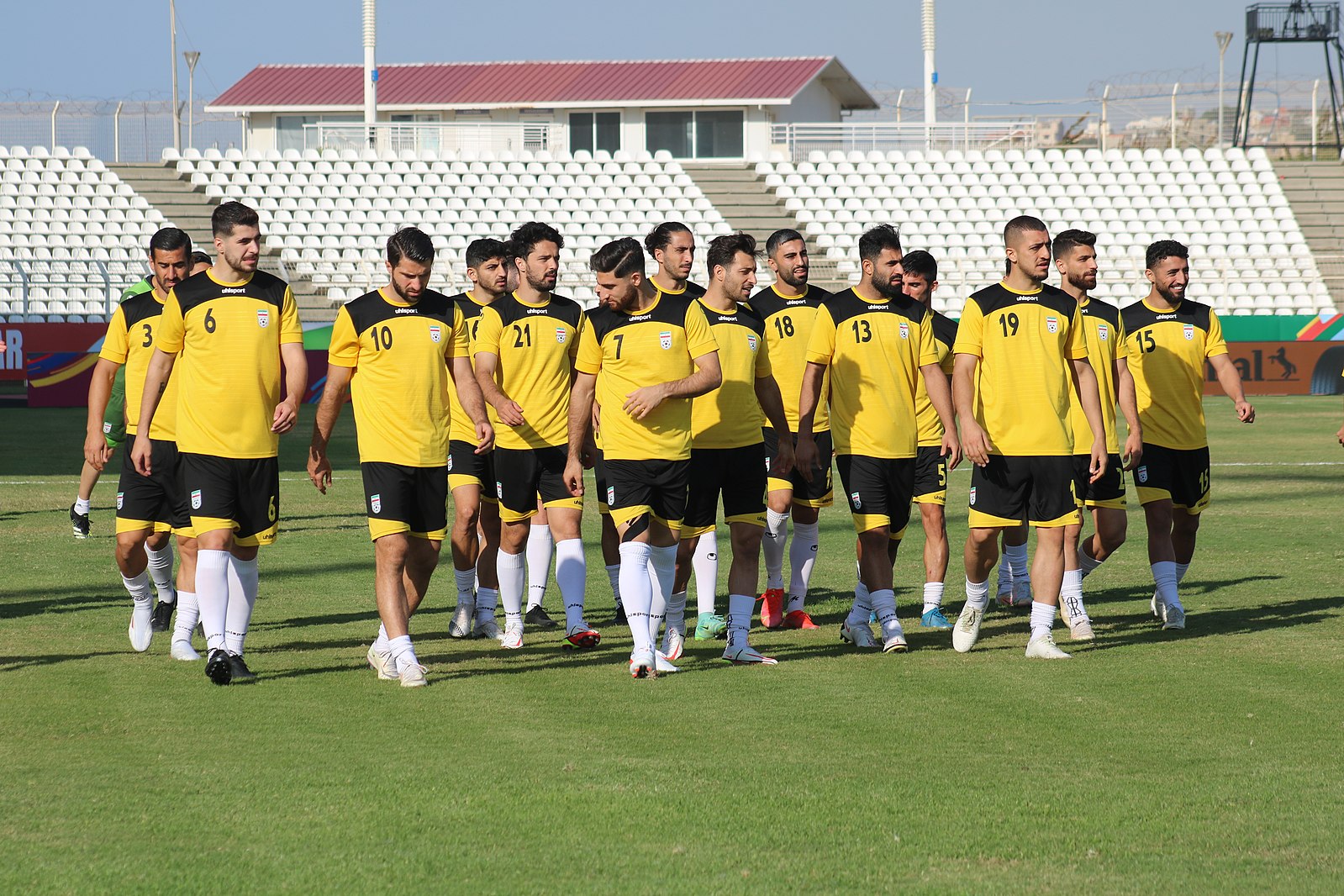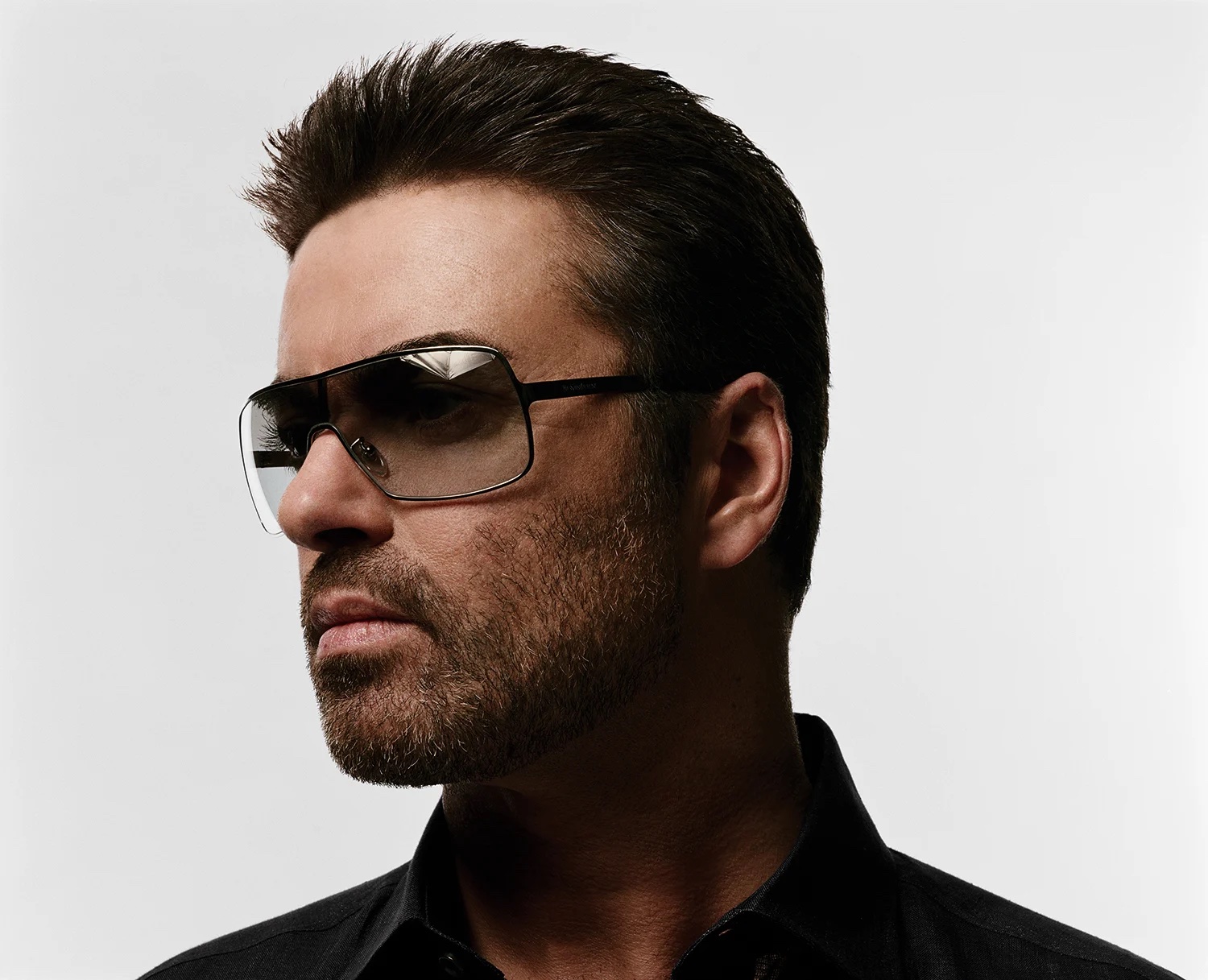
The World Cup 2022 is well underway. In fact, by the time you read this, the qualifying teams will be preparing for the quarter-final round. Eight teams remain and, unfortunately, the USA isn’t one of them following their round-of-16 loss to the Netherlands. They fared better than North American rivals Mexico and Canada, who both exited the competition at the group stage.
This year’s World Cup was rare in that the last 16 teams featured a representative from every continent (with the obvious exception of Antarctica). However, the next round saw that reduced as North America (USA), Oceania (Australia), and Asia (Japan and South Korea) all fell out. Morocco (Africa), having beaten Spain, is the one remaining nation from outside of Europe and South America. Still, the winner of the World Cup has always been from either Europe or South America — and this year will be no exception.
The competition, though, started with a firestorm of controversy. Understandably so. It all started twelve years ago when Qatar was awarded the 2022 World Cup. Well, sort of.
At the time, the issues all seemed so long ago and people had lives to live so there were murmurings of confusion and discontent but those murmurings were muted. The confusion was both sport based and political/social. On the sporting level, if FIFA (the governing body) is going to ignore the human rights records in some Middle Eastern countries — the way women and LGBTQ+ people are treated particularly — then why not pick a nation with at least some football/soccer history? Unlike, say, Saudi Arabia, Iraq, Iran, and the United Arab Emirates, Qatar has never qualified for a World Cup through the normal route. This year, as the host nation, was their first. They went out, as expected, with a whimper.
Part of FIFA’s role is to cultivate the growth of the game in various continents. That was the reason for the 1994 World Cup being held here in the States. In 2002, it was in Asia for the first time (South Korea and Japan as co-hosts), and in 2010 it was in Africa for the first time (South Africa). So it makes sense that FIFA would want to promote the game and inclusivity in the Middle East.
Things nosedived fast as preparation progressed. Qatar wasn’t initially equipped to deal with a World Cup (another reason for the confusion surrounding their successful bid), so they had twelve years to build a bunch of fully functioning stadiums. Reports of alleged bribery might explain the bid. Might.
A lot of construction in a relatively short amount of time ended up being a recipe for disaster. Migrant workers, largely from Bangladesh, India, and Nepal, were reportedly treated poorly. A story in the UK’s Guardian newspaper stated that the authorities in Qatar were not accurately reporting all work-related deaths and that the number of people killed building the stadiums stretches to a staggering and devastating 6,500.
Qatar denies those reports, stating that the Guardian number includes the deaths in their entire migrant population during that 12-year span, rather than just those killed at work. Although that number still sounds large.
“Data collected at government-run trauma centers and ambulances in 2020 showed 50 workers died and more than 500 were severely injured, the ILO said,” wrote Reuters in 2021. “The ILO [International Labor Organization] said numbers could be higher as authorities don’t classify all work-related deaths as such, including unexplained deaths among healthy workers and heat-related fatalities.”
“Most were suffered by migrant workers from Bangladesh, India, and Nepal, mainly in the construction industry. Falls from height and road traffic accidents were the top causes of severe injuries, followed by falling objects on worksites,” the report said.

Regardless of what the actual, exact number of worker deaths is, all of those lives matter. And then there’s that human rights record. Homosexual acts are illegal in Qatar, and punishable by three years in prison. If convicted under a court by Sharia law, it’s punishable by death. That’s not known to have ever happened, but the fact that it’s possible is disturbing. Incidentally, George Michael performed a successful concert in Qatar in 2008, becoming the first openly gay musician to do so.
Prior to the World Cup, FIFA and the authorities in Qatar said that everyone is welcome and protest is allowed. They reversed that immediately, making everyone take off rainbow Pride armbands and clothing. The German team responded with a team photo where all players had their hands over their mouths, making the point that they were being silenced.
There are issues with women’s rights too. Women can work in Qatar but generally have to get permission from their family/spouse. Statements such as “their country their rules” don’t apply when it’s oppressive.
So there are plenty of reasons to be pissed about Qatar getting the World Cup, and plenty of reasons to boycott it if you so choose. Many people have, including many pro athletes.
But there are reasons to acknowledge all of the above and still watch it. For example, did you know that the Iranian players refused to sing their national anthem prior to their first game in solidarity with the women protesting for equal rights back in Iran? Under immense pressure from the Iranian leaders, they did sing in the games after that. But by then, the world knew that these young men were on the side of good. If we banned countries and boycotted nations because of their disgusting leaders, we would deny the people their chance to surprise us. As they so often do.
Sadly, the Serbian players let us down. Pictures from the players’ dressing room showing support for the occupation of Kosovo, years after Kosovo became an independent nation, were upsetting. That wasn’t the country’s leaders, that was the players. I’m glad they got knocked out by a Switzerland side that included Xherdan Shakiri, a man with Kosovan heritage. That’s the sort of poetic justice that a boycott would deny us.


